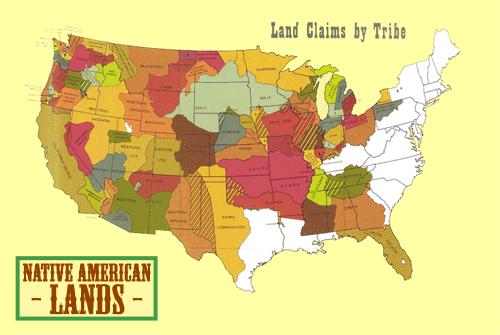
What Do You Mean by Efficiency? An Opinionated Guide
To ask “but what do you mean by efficiency?” can make one appear unsophisticated or pedantic. But that’s precisely the question we should be asking. Because there are good reasons to reject the notions of “efficiency” usually taught in 1L classes, even if — in fact, precisely because — we have good reason to value other forms of efficiency.




